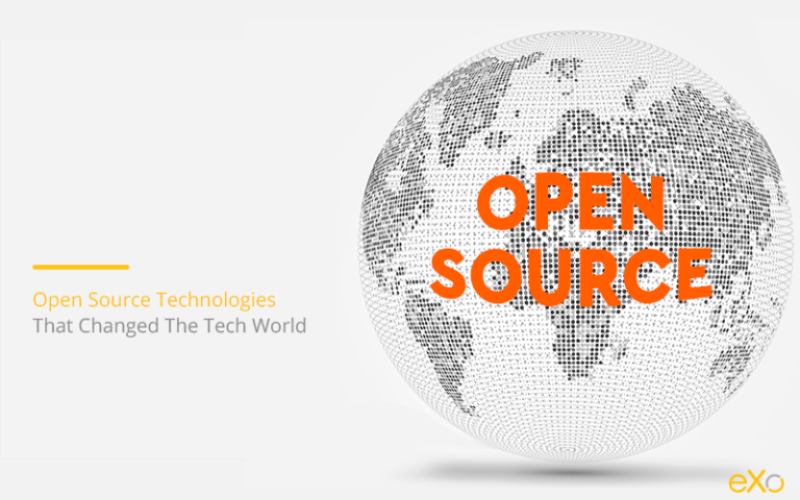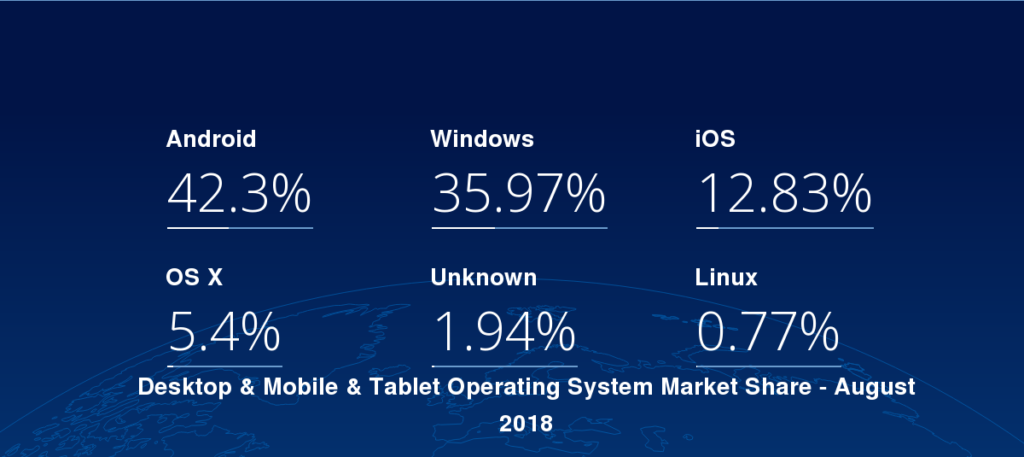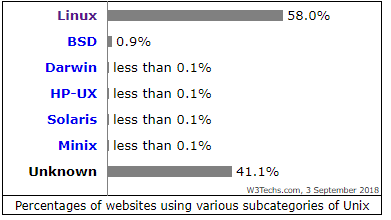- Walid Hamrouni
- September 5, 2018
Open Source Technologies That Changed The Tech World

Content
1. Linux



2. Android

The open source initiative that Android is based on allowed the operating system to thrive in the competitive smartphone market. Google became a major player in that market in less than a decade. At its root, this was due to their great implementation of open source fundamentals. Without open source software, the smartphone market would have been very different today.
To maintain their strong position in the competitive smartphone market, Google has made a strategic decision to hire Android developers who can continue to advance their implementation of open source fundamentals and ensure the continued success of the Android operating system.
3. Geographical Information Systems (GIS)
4. WordPress
WordPress is one of the world’s most popular blogging and web content management systems and is driven by open source development. Without the latter, this software which supports 27% of the web would not exist. The fact that WordPress is open sourced means that anyone can contribute to its code or create new plugins for it. There are over 30,000 WordPress plugins today which allow to add new features and capabilities in terms of website and blog creation. These plugins cover various subjects such as SEO, security, analytics and e-commerce functionality. Heck, you can even use a code-free website builder designed specifically for WordPress (e.g. Elementor). With Shopify, your business gains access to several other benefits, including integration with Shopify ADA-Compliance, using Shopify SEO Apps designed for optimisation and more.. While WordPress offers a code-free website builder like Elementor, businesses seeking advanced e-commerce features can benefit from the expertise of a Shopify development company, which specializes in integrating robust e-commerce functionality into websites. Obviously, these plugins are themselves open source. So it’s fair to say that without open source, one of the most flexible CMS systems in the world would not exist.
5. Firefox

FREE WHITE PAPER
for the Enterprise

FREE WHITE PAPER
for the Enterprise
Related posts
- All
- eXo
- Digital workplace
- Open source
- Internal communication
- Collaboration
- News
- intranet
- Future of work
- workplace
- Knowledge management
- Employee engagement
- Employee experience
- Employee productivity
- onboarding
- Employee recognition
- Change management
- Cartoon
- Digital transformation
- Infographic
- Remote work
- Tips & Tricks
- Tutorial
- Uncategorized
Leave a Reply
( Your e-mail address will not be published)


